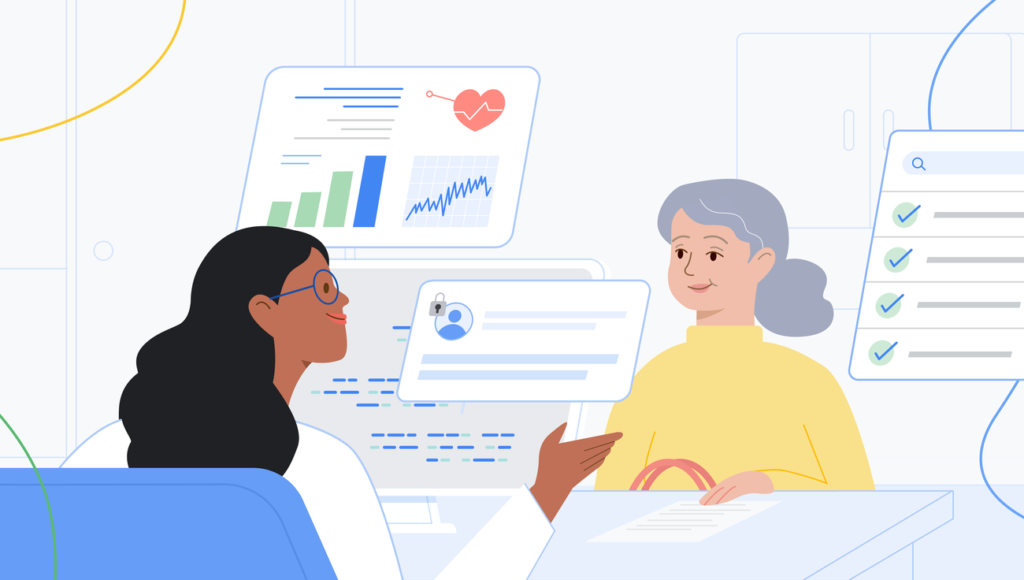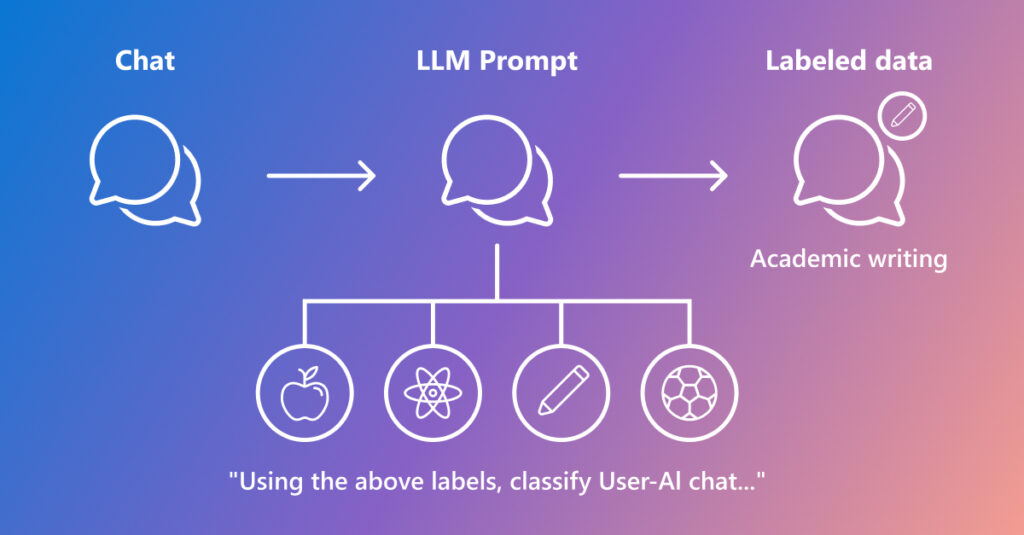March 11, 2025
A Multi-Faceted Evaluation for Text-to-Image Diffusion Model Unlearning
[Submitted on 8 Oct 2024 (v1), last revised 9 Mar 2025 (this version, v2)] View a PDF of the paper titled Holistic Unlearning Benchmark: A Multi-Faceted Evaluation for Text-to-Image Diffusion Model Unlearning, by Saemi Moon and 3 other authors View PDF HTML (experimental) Abstract:As text-to-image diffusion models gain widespread commercial applications, there are increasing concerns about unethical or harmful use, including the unauthorized generation of copyrighted or sensitive content. Concept unlearning has emerged as a promising solution to these challenges by removing undesired and harmful information from the pre-trained model. However, the previous evaluations primarily focus on whether target concepts



